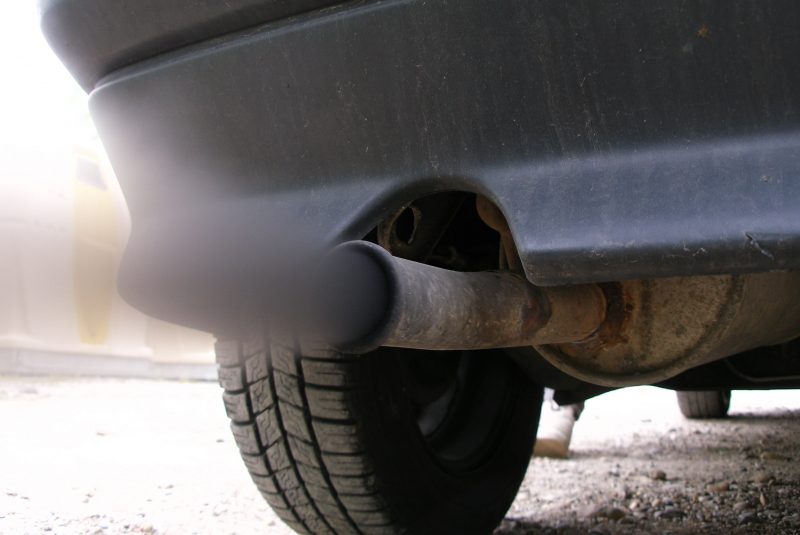Did you know that transportation fuels are responsible for nearly half of Washington’s climate pollution?
A Clean Fuel Standard would require oil refiners and importers to reduce the carbon intensity of fuels, helping to spur the expansion of transportation electrification and creating more homegrown jobs in the production of clean, low-carbon fuels.
Clean Fuel Standards have been effective in jurisdictions across the world, including the United Kingdom, the E.U, and our West Coast neighbors like B.C., Oregon, and California.
Dirty fuels like diesel and gasoline are also the largest sources of air pollution, causing asthma, lung cancer, and other dangerous respiratory diseases. Lower income communities and communities of color often live the closest to congested transportation corridors are especially impacted.
Washingtonians deserve choices for cleaner fuels that improve public health, reduce climate pollution, and support local economic development in rural communities.

What is a clean fuel?
A clean fuel is any fuel that emits less greenhouse gases than the gasoline and diesel we all see every day. This includes conventional ethanol, cellulosic ethanol, biodiesel, renewable diesel, electricity, and hydrogen.
What is a clean fuel standard?
A clean fuel standard shifts the fuel market in order to incentivize and make more available transportation fuels that have a lower carbon content. To do this, it sets a standard for how much carbon fuels may emit, and sets up a special market where fuel producers like oil refiners and electricity generating utilities can buy and sell credits to meet the standard.
For example, if a fuel producer sells fuels that has more carbon content than the standard allows (e.g. our current gasoline mix), they must buy credits from a clean fuel producer. In contrast, if a fuel producer sells fuels with a carbon intensity lower than the standard (e.g. clean electricity), they can sell credits on that market. Over time, the requirements around carbon content become more stringent which has the impact of lowering the overall carbon intensity of transportation fuels.
How does a CFS change the transportation system?
Putting in place a Clean Fuel Standard will recalibrate what is available to consumers and incentivizes more, cleaner fuels to be in the market. It will also promote clean transit options. The cost-per-mile to get around will go down.
What else do I need to know?
Transportation accounts for over 40% of carbon emissions in the Puget Sound region and almost half of our statewide emissions. Establishing a clean fuel standard is a proven way to reduce these emissions, as well as many of the other air pollutants that go along with transportation. The oil and gas industry will do nearly anything to stop a CFS because it ends their control of what is available at the pump and how we all get around.
Emissions from gasoline and diesel have very significant health impacts. These emissions hurt everyone, but they affect people close to roadways and vehicles to a much greater extent. Reducing the carbon content of fuels reduces these disproportionate impacts.
The Puget Sound Clean Air Agency is considering a regional Clean Fuel Standard. Email the Air Agency today!
